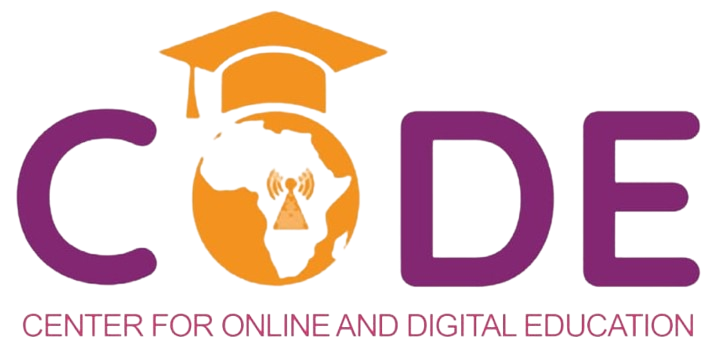Addressing Security Concerns in Education: A Comprehensive Approach
- Introducing armed teachers into schools requires careful consideration due to potential significant consequences.
- Organizations like CODE prioritize the safety of non-resident staff or volunteers by implementing stringent security protocols, such as refraining from publishing names or pictures of members or pupils.
- Intervention in the region primarily occurs through online platforms to mitigate the risk of targeted reprisals.
- Goal: Overcome geographical barriers, provide educational opportunities to underserved communities in the Northern Frontier Counties.
- Moving forward, a comprehensive approach involving government intervention, community engagement, and enhanced security measures is essential to address security concerns in North Eastern Kenya and ensure access to quality education for all children in the region.


